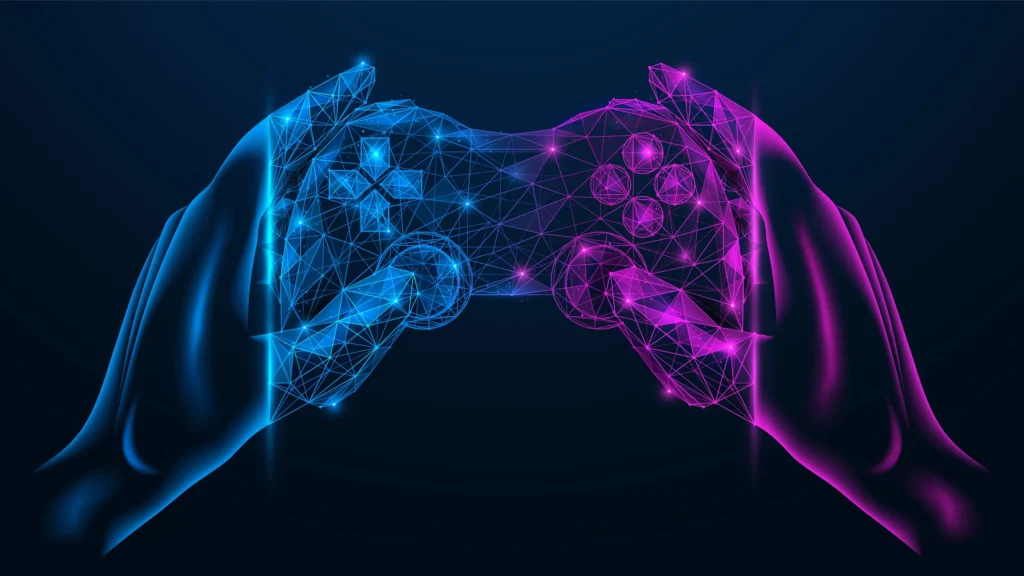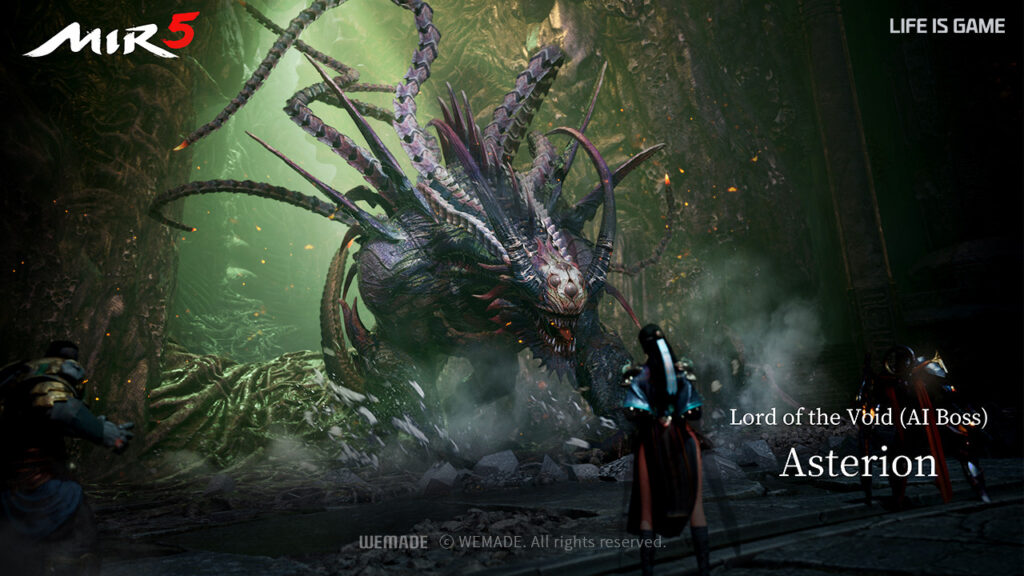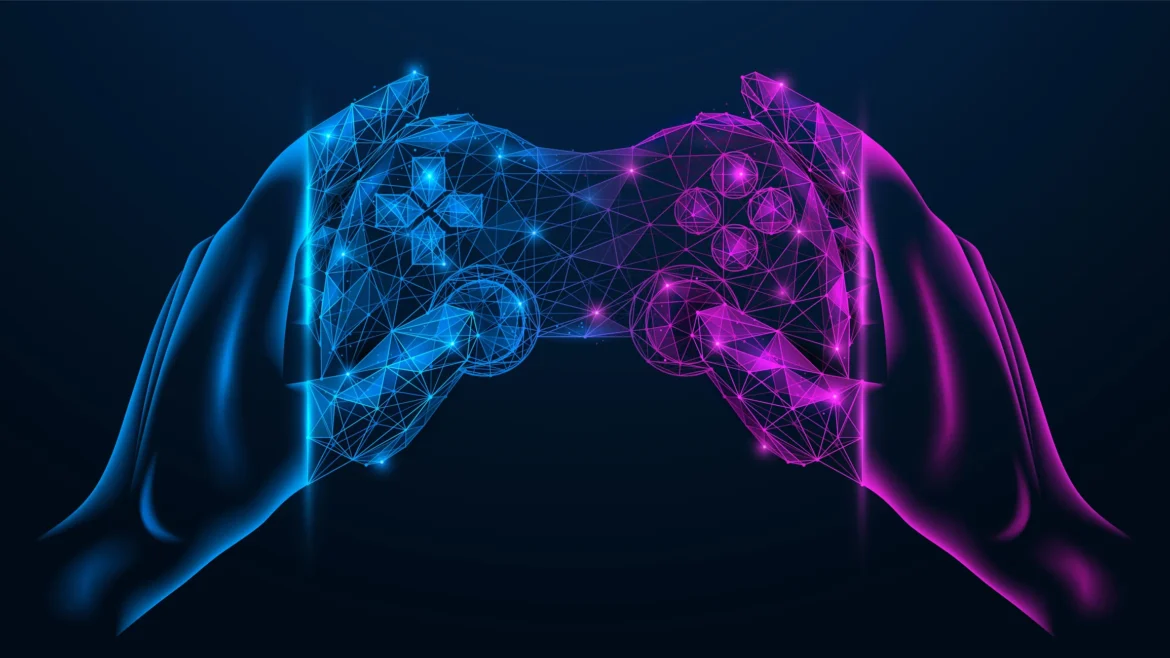For decades, artificial intelligence in gaming was a predictable force—enemies patrolled in set patterns, NPCs repeated the same tired lines, and scripted encounters dictated the pace of play. But in recent years, AI has evolved beyond mere programming quirks. It’s learning. Adapting. Changing the way, we experience games forever.
From world-building to enemy design, AI is no longer just a tool for developers—it’s becoming a character in its own right. But as the technology advances, so do the debates surrounding it. Will AI make gaming more immersive, or strip it of the human touch that made it so compelling in the first place?

The Rise of AI in Game Development
Game development is a painstaking process, with teams spending years crafting characters, levels, and stories. AI is changing that. Studios are now using it to generate environments, design quests, and even write dialogue. Imagine an open-world RPG where the NPCs do not just parrot the same lines, but react dynamically to your choices, remembering past interactions and adjusting their behavior accordingly.
It sounds futuristic, but it is already happening. Activision, for example, recently confirmed that Call of Duty has begun integrating AI into its development process. While AI-generated content might help streamline production, some fans have expressed skepticism. One user on Reddit pointed out that certain in-game assets appeared “off”—as if AI had generated them without fully understanding what made them feel natural in the first place.
And it is not just the visuals. Developers worry that as studios lean into AI-generated content, human artists, writers, and designers might find themselves on the sidelines. A survey conducted by the Game Developers Conference found that while more than half of game studios are incorporating AI, a third of developers feel uneasy about its increasing role in the industry.
The AI Boss That Learns From You
Of all AI innovations in gaming, none has sparked more excitement—and fear—than NVIDIA’s latest experiment: AI-driven bosses that learn and adapt to the player.
Developed in partnership with Wemade, the upcoming game MIR5 features an AI-powered boss that studies your play style, adjusts its tactics, and evolves in real time. No longer can you memorize attack patterns or cheese your way to victory. This boss watches. It learns. And it is coming for you.

The reaction online has been mixed. Some players love the idea of endlessly challenging encounters, ones that force you to rethink your strategy on the fly. Others? Not so much. One Twitter user joked, “So now my boss fight is a sentient being? Cool. Guess I’ll just log off forever.”
On forums and social media, there is a growing fear that AI-driven difficulty might take the fun out of gaming. After all, if a boss keeps evolving, when does it stop being a fair fight? At what point does a challenge become punishment?
Personalized Gaming: AI Reads Your Reactions
Beyond enemies and environments, AI is being used to make gaming deeply personal—sometimes in unsettling ways. The tech company Ovomind is developing AI that can read a player’s emotional state in real time. Imagine playing a horror game where the AI detects your fear and dynamically adjusts the experience—making the game scarier if you’re too comfortable or easing up if it senses you’re on the verge of quitting.
The potential for immersion is incredible, but it raises questions about player agency. How much control do we have when AI dictates the experience? Should a game shift based on how we feel, or should we be the ones in charge of our own challenges?
The Road Ahead: Innovation or Overreach?
Despite the concerns, AI in gaming isn’t going away—it’s only getting bigger. Market analysts at Technavio predict the AI-in-gaming industry will grow by $27.47 billion by 2029, with a staggering 42.3% annual growth rate. This isn’t a passing trend. It’s the new reality.
But whether that is good or bad depends on how developers—and players—choose to embrace it. Will AI deepen immersion, offering richer and more dynamic experiences? Or will it replace human creativity, leaving us with soulless, algorithm-generated worlds?
For now, AI remains a tool, not a master. But in an industry built on imagination, the biggest question remains: Who will be in control of the game—us, or the AI?

